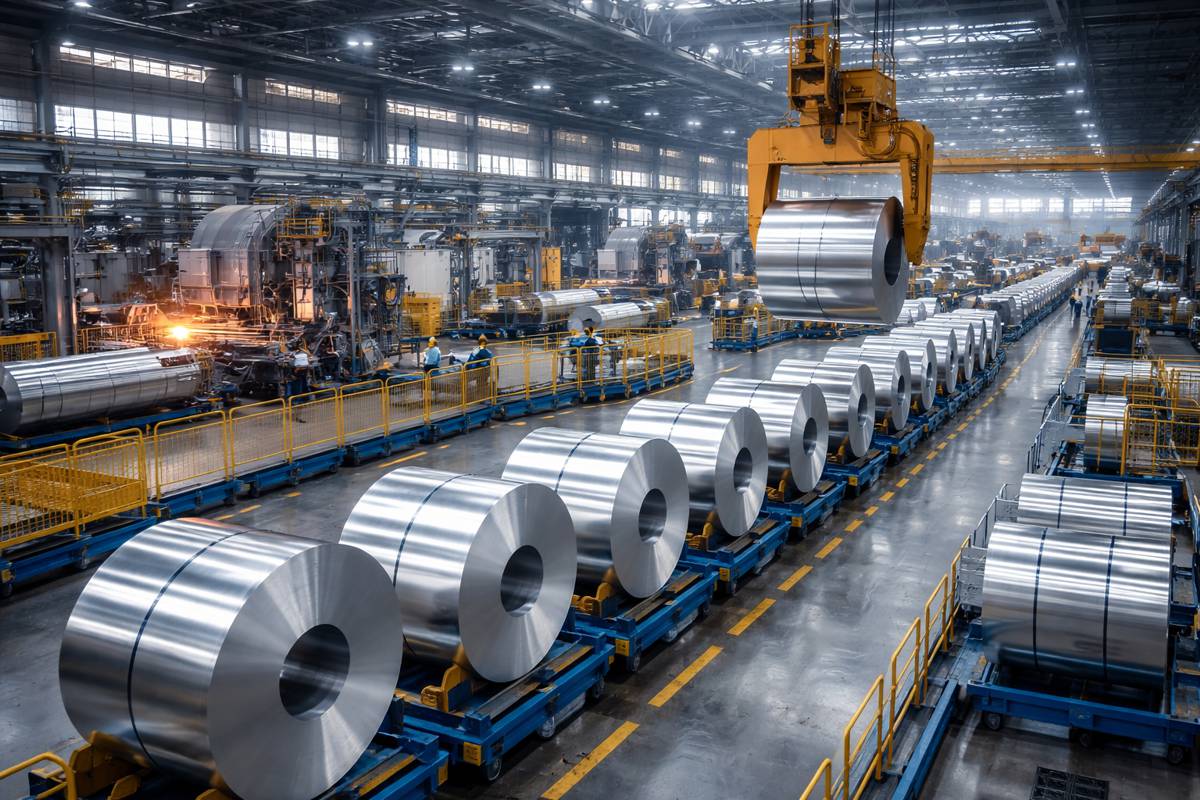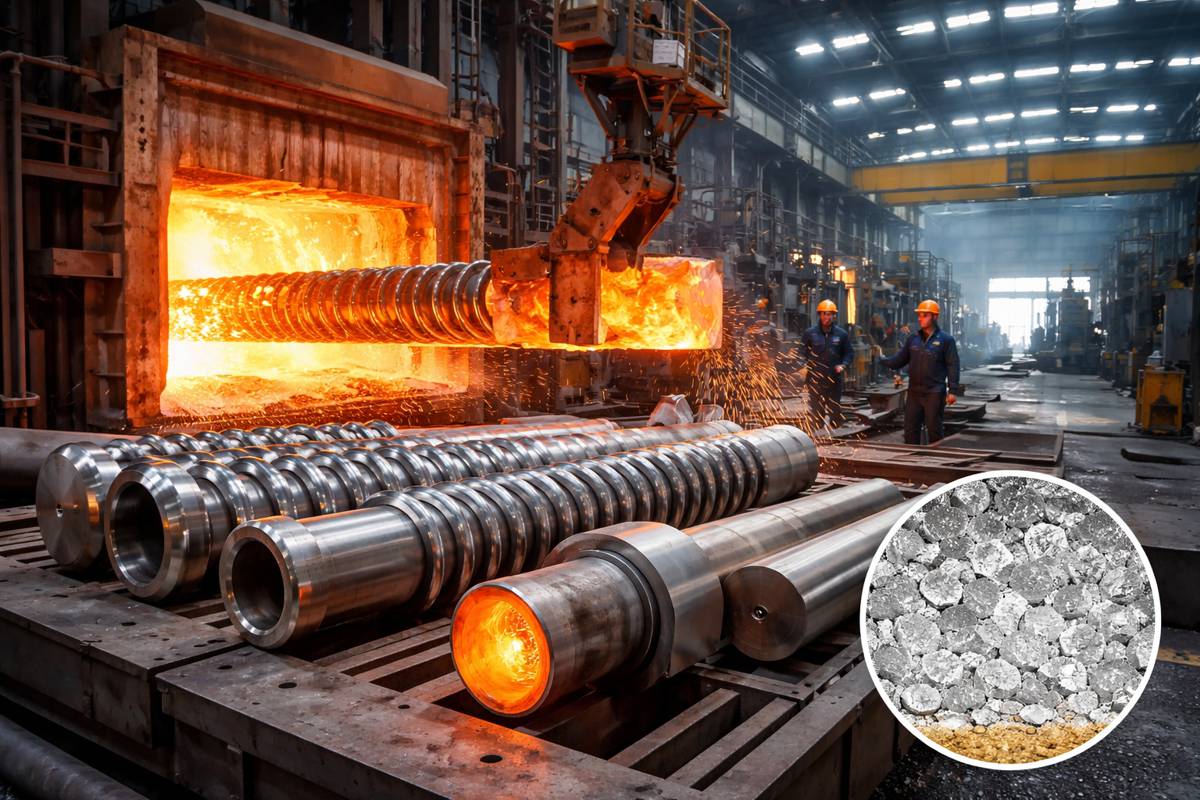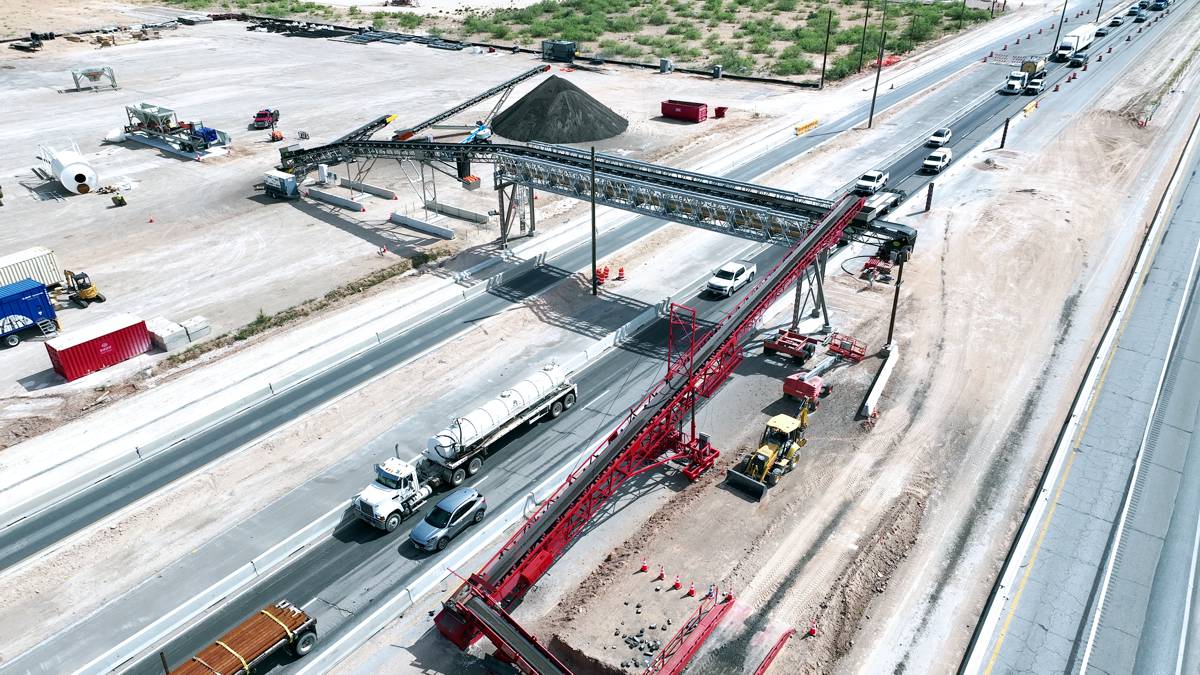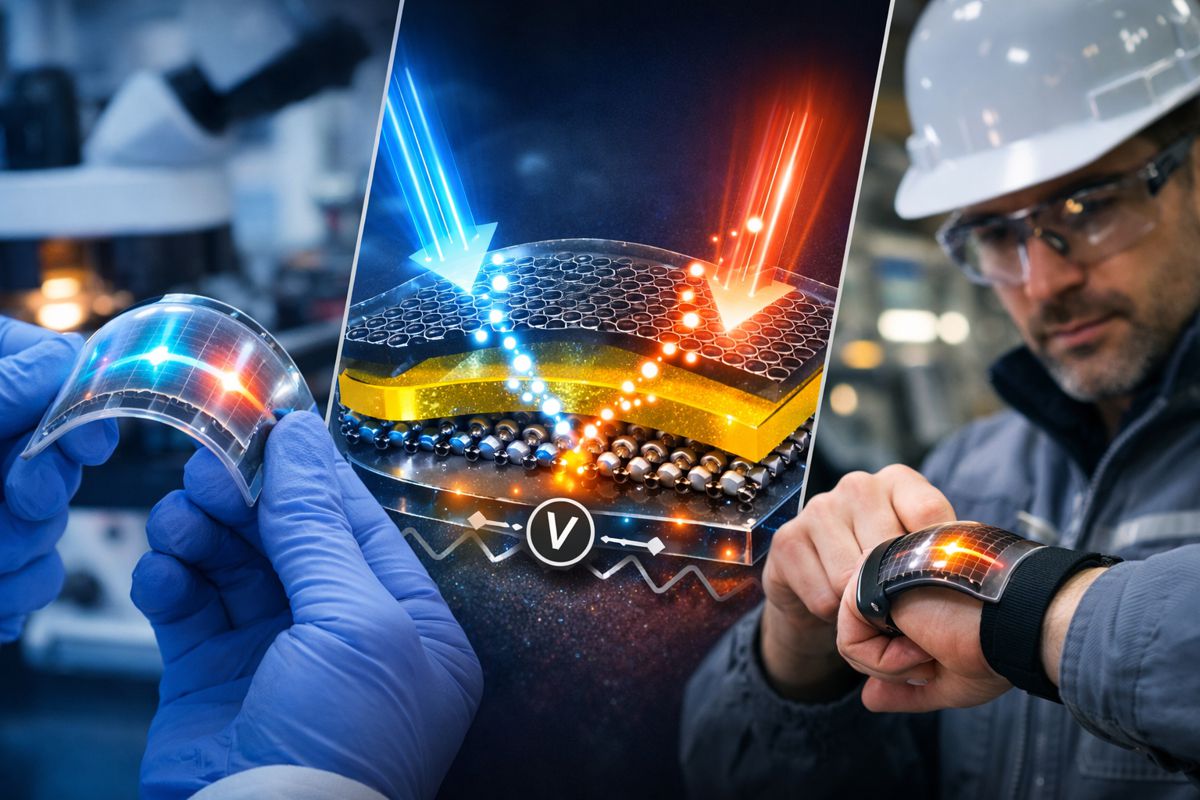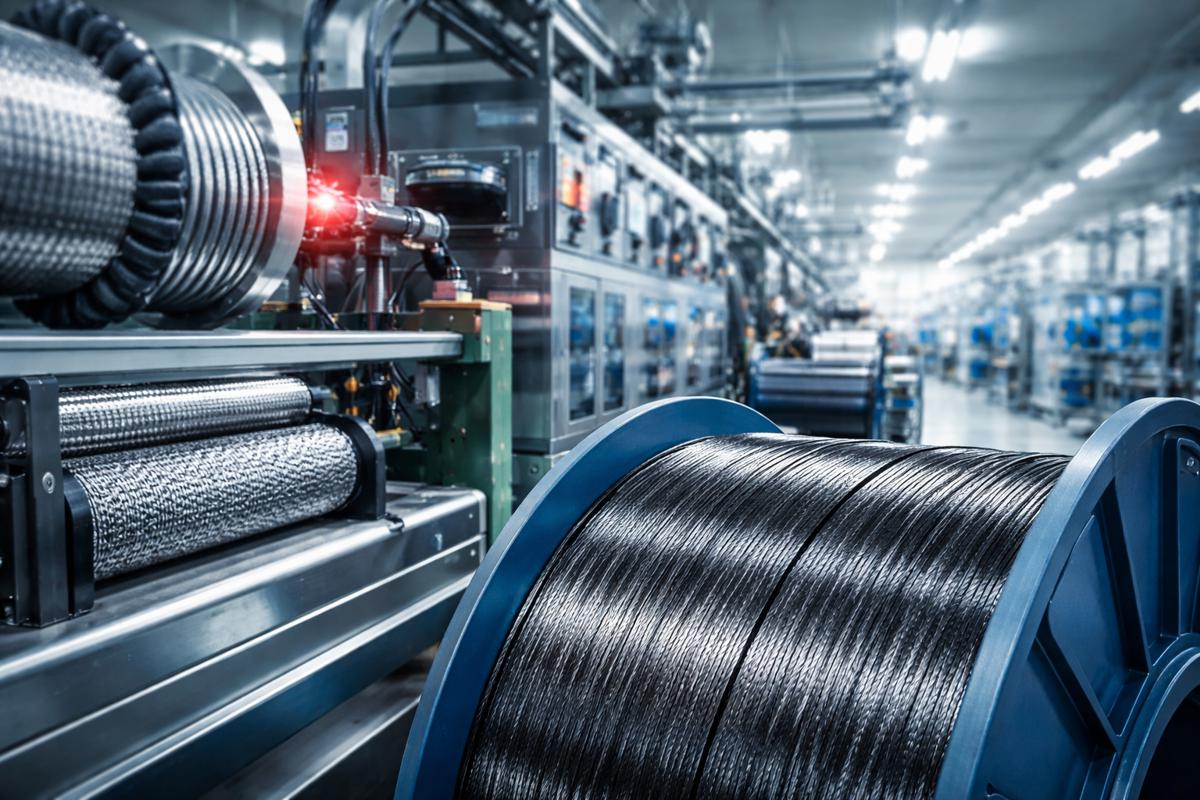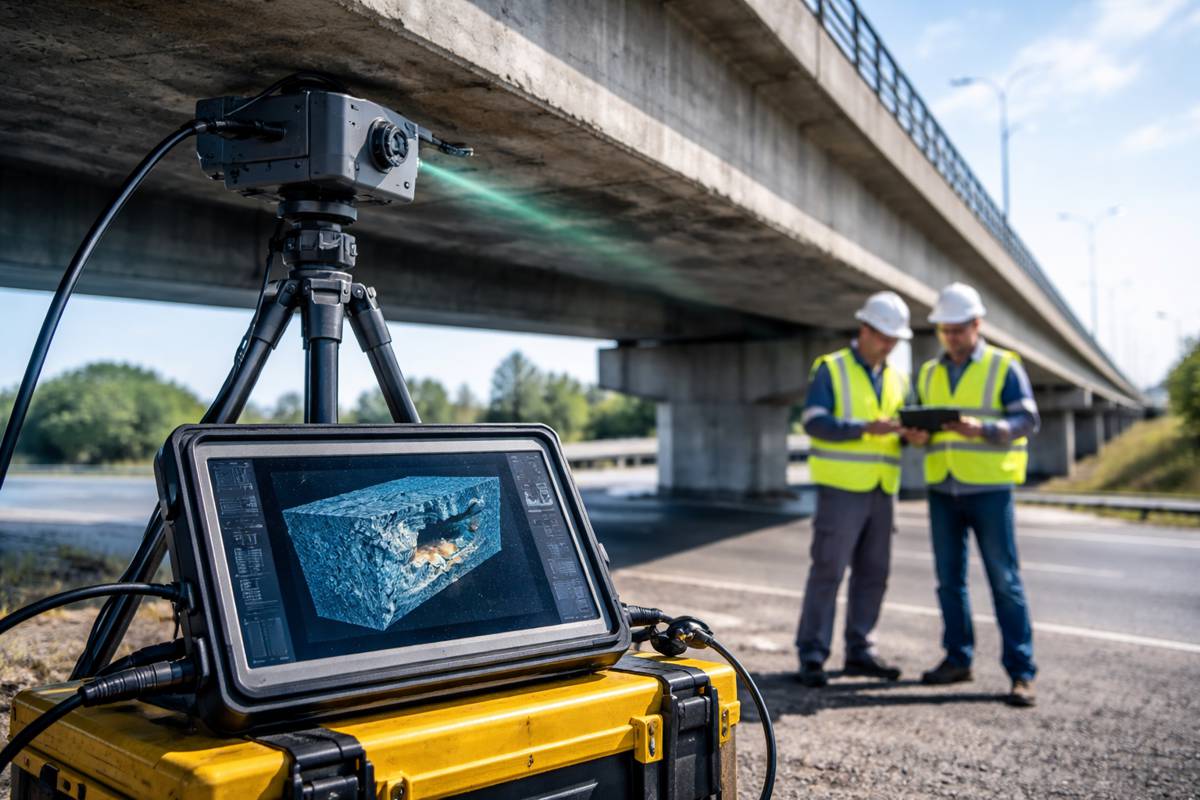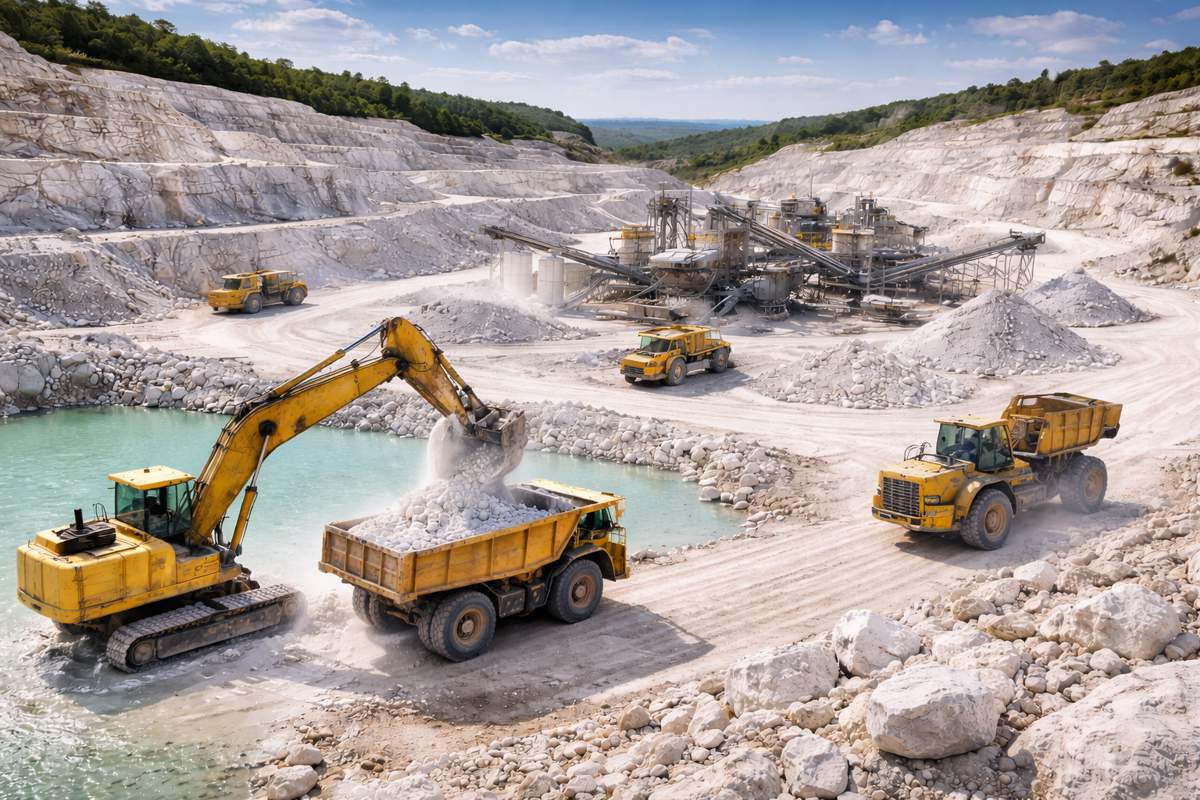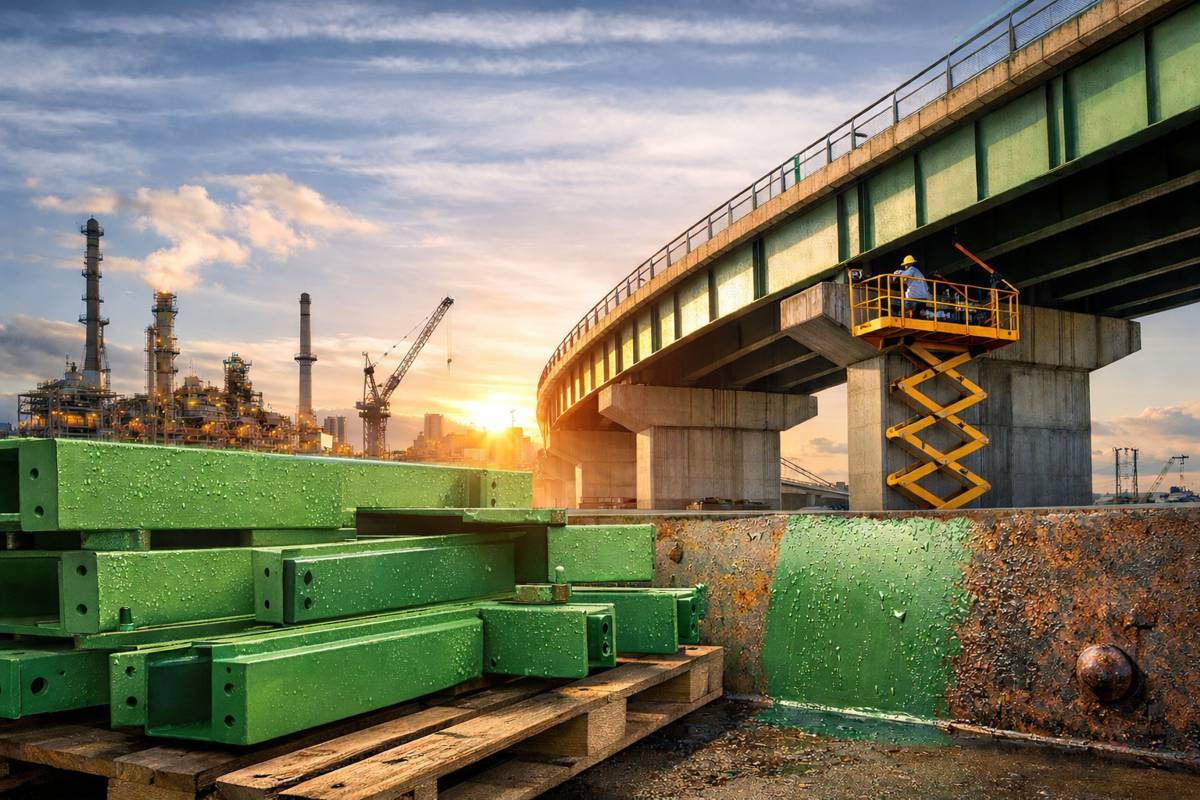STRABAG shows innovative way out of the diesel dilemma with Sustainable High-Tech Asphalt
STRABAG’s TPA competence centre has presented an innovative solution that can help cities fight the negative impact of increased traffic volumes. The joint R&D project NaHiTAs (Nachhaltiger High-Tech Asphalt – Sustainable High-Tech Asphalt) was demonstrated at the Conference on New Materials in Construction (HighTechMatBau) in Berlin on 31 January 2018. The team from TPA, which is leading the research project, showed how photocatalytic granulate and a low-noise texture in the asphalt can sustainably lower the impact of air pollution and traffic noise.
In view of a possible ban on diesel vehicles in the centre of German cities, the presentation of the initial results of the ongoing research project (7/2015–12/2018) met with a good response among the numerous experts in attendance at the Berlin Congress Center. “NaHiTAs can help to sustainably improve the quality of life in areas with frequently travelled transport routes in inner cities,” explains Dr. Norbert Simmleit, TPA managing director for Germany, the Netherlands and Switzerland.
NaHiTAs, funded by the German Federal Ministry of Education and Research, is a joint research project between TPA and nine academic and industry partners to conduct research into the design of sustainable asphalt transport routes. An artificial photocatalytic aggregate containing titanium dioxide helps reduce the level of harmful nitrogen oxides (NOx) in the air and transform them into harmless nitrates.
The innovative asphalt will also receive a low-noise texture to sustainably reduce the rolling noise from vehicle tyres. The actual asphalting works will be carried out using a newly developed mobile control system to optimise the quality of the road surface. “We have reached the point where we can begin to build trial sections with NaHiTAs,” says TPA project manager Martin Muschalla. Talks with potential clients are already underway.
HighTechMatBau was organised by the project consortium WiTraBau (Wissenstransfer im Bauwesen – Knowledge Transfer in Construction). The focus of the conference was on new materials for urban infrastructures, the development of which should raise the quality of life in German cities – among other things by using them to tap innovation potential for multifunctional transport routes.





















